Cannabis and its various derivatives, notably Marinol (dronabinol), and non-psychoactive cannabinoids such as Cannabidiol (CBD) and Cannabigerol (CBG), have garnered increasing interest in medical communities globally. Their potential to combat challenging health conditions and their specific role in appetite stimulation are now extensively studied, particularly concerning conditions like wasting syndrome, often experienced by patients grappling with Human Immunodeficiency Virus (HIV) and Acquired Immunodeficiency Syndrome (AIDS). This therapeutic application of cannabis has obtained legal sanction in several countries, including the United States, Canada, and the United Kingdom, thus opening new avenues for the management of such debilitating conditions.
HIV/AIDS represents a complex spectrum of conditions resulting from the infection by HIV, a type of retrovirus. After the initial infection, an individual may either remain asymptomatic or exhibit brief influenza-like symptoms, leading to a misconception that the virus may not pose severe health risks. However, this phase is typically succeeded by an extended incubation period marked by an absence of any symptoms, during which the virus silently replicates and gradually undermines the host’s immune system.
As the infection progresses, the weakened immune system becomes increasingly susceptible to common infections like tuberculosis, along with rare opportunistic infections. The presentation of these late-stage symptoms marks the onset of AIDS, which is often coupled with an unintended and drastic weight loss, known as the wasting syndrome. The ability of the virus to ravage the immune system and cause severe weight loss significantly enhances the morbidity and mortality associated with this disease.
The transmission of the HIV virus primarily occurs through unprotected sexual activities (including anal and vaginal), transfusion of infected blood, shared use of hypodermic needles, and from an infected mother to her child during pregnancy, childbirth, or breastfeeding. Not all bodily fluids are capable of transmitting the virus; saliva, sweat, and tears are not known to facilitate HIV transmission. Moreover, the risk of acquiring HIV via oral sex is statistically negligible.
Once diagnosed, the management of HIV typically involves a combination of antiviral drugs and immunomodulators, which have proven significantly effective in improving the condition of patients and in prolonging their lives. These therapies are a testament to the advancements in medical science that have transformed HIV from a lethal disease into a manageable chronic condition. However, these highly effective drugs often come with an unintended consequence – the suppression of appetite. This is especially detrimental to patients already suffering from wasting syndrome, a common condition among AIDS patients.
To counteract the appetite-suppressing side effects of antiviral therapies, substances like Marinol, medical marijuana, and non-psychoactive cannabinoids such as CBD and CBG are used. Marinol, a synthetic form of THC (the psychoactive compound in cannabis), has received approval from the FDA for treating nausea and stimulating appetite in patients undergoing cancer therapy or those suffering from HIV/AIDS.
Non-psychoactive cannabinoids have also emerged as potentially beneficial for various health conditions. CBD, a well-studied cannabinoid, is known for its anti-inflammatory, anticonvulsant, and analgesic properties. Preliminary research also suggests that CBD may stimulate appetite, making it beneficial for patients with wasting syndrome. CBG, though less well-known, has shown anti-inflammatory, antibacterial, and neuroprotective properties. Current research into CBG’s effects on appetite stimulation is promising, although further investigations are required to understand its full potential.
In the context of self-medication, the cultivation of medical marijuana from seeds offers individuals an opportunity to have a personal source of potential remedies against various ailments. Research conducted in the United States indicated that approximately 70% of patients who used Marinol not only maintained their weight but also experienced weight gain. This is a promising development for managing wasting syndrome.
The purchase of medical marijuana seeds from trustworthy sources allows individuals to grow their own cannabis plants and harness their potential medicinal benefits. However, individuals must be cognizant of the fact that the cultivation, use, and legality of medical marijuana significantly vary by location and are subject to specific regulatory guidelines.
While Marinol, medical marijuana, and cannabinoids like CBD and CBG show significant promise in potentially offering a wide range of health benefits, it is crucial to consult with a healthcare professional before initiating any new treatment regimen.
As the understanding of cannabis and its various derivatives continues to grow, further research is necessary to fully comprehend and harness their potential benefits in managing HIV/AIDS and other health conditions. It is evident that the ongoing exploration of cannabis and its derivatives in the medical community signals a promising development in the quest to advance patient care and improve the quality of life for individuals living with chronic illnesses.
Cannabis and its derivatives, such as Marinol (dronabinol), CBD, and CBG, have shown potential in managing symptoms related to HIV/AIDS, particularly in combating wasting syndrome. These substances can stimulate appetite, which helps counteract the weight loss and appetite suppression often caused by antiviral therapies.
Non-psychoactive cannabinoids like CBD and CBG offer several health benefits, including anti-inflammatory, anticonvulsant, analgesic, and neuroprotective properties. Preliminary research suggests that CBD may help stimulate appetite, making it beneficial for patients with wasting syndrome. CBG also shows promise, but more research is needed to fully understand its effects.
The legality of using medical marijuana varies by location. In some countries like the United States, Canada, and the United Kingdom, medical marijuana and derivatives like Marinol are legally sanctioned for managing HIV/AIDS symptoms. It is essential to consult local regulations and healthcare professionals before using medical marijuana for treatment.



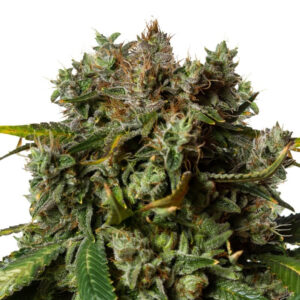

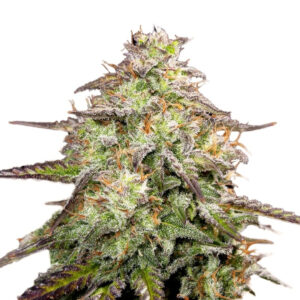
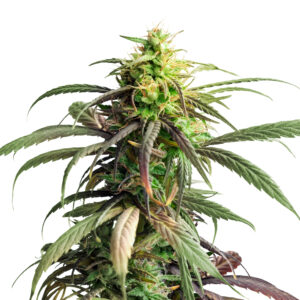






Related Posts
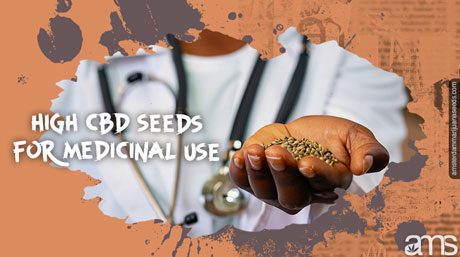
CBD, a non-intoxicating component of cannabis, is noted for its therapeutic properties, offering relief from anxiety and other conditions without the side effects of THC. High-CBD seeds, legal in areas where medical cannabis is permitted, are a popular choice for those seeking natural remedies. These seeds are designed to maximize the therapeutic potential of CBD, making it easy to grow CBD-rich plants for medicinal use.

Amsterdam seeds Banks phenomenon: explore Amsterdam’s rise as the marijuana capital, its mastery in cannabis genetics, seed quality, and the impact on the global cannabis growing scene
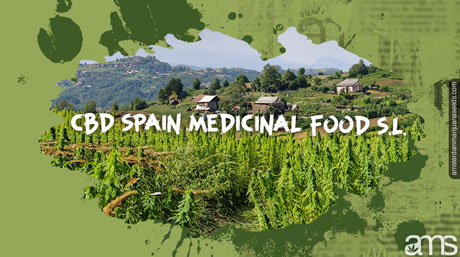
In the verdant landscapes of Southern Spain, a vibrant miracle of nature quietly unfolds. Underneath the intense azure canopy, in harmony with the warm Mediterranean sun, and nurtured by the richness of the native soil, a family’s passion continues to thrive and evolve. Welcome to the world of CBD Spain, the cradle of plant-identical Full-Spectrum CBD products in Europe.